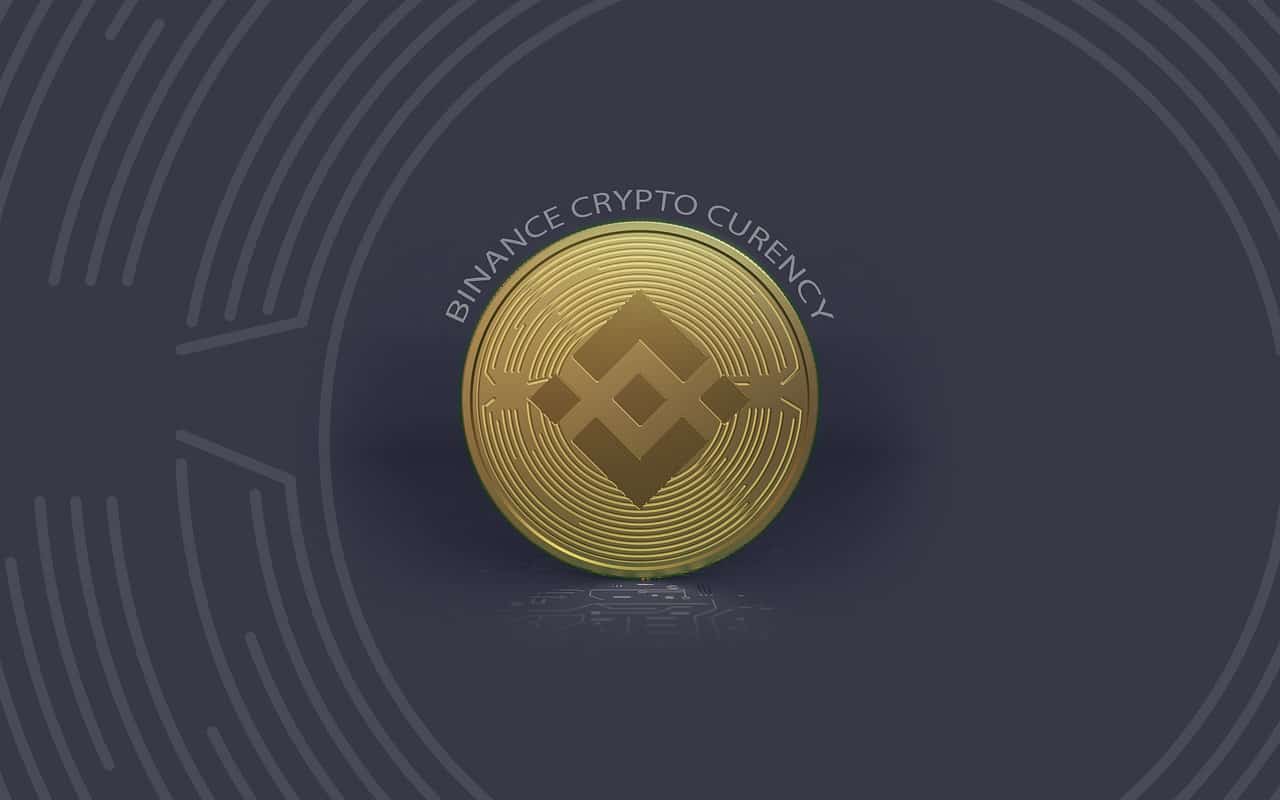
Dutch Central Bank Fines Binance $3.3 Million Over Illegal Services Offering
- Netherlands apex bank said Binance disregarded its warning notice to stop operations until it has an operating license.
An official statement credited to the Dutch Central Bank (De Nederlandsche Bank, DNB) states that the popular crypto exchange, Binance, would pay $3.37 million (3.325 million euros) in fines following its failure to heed its warning notice. The DNB alleged that Binance continued to provide its service to Dutch residents despite not having the necessary operating license.
Binance in Hot Soup
It also claimed to have sent a warning notice to Binance last August over its lack of registration and possible consequences. The apex bank explained that Binance and other virtual asset providers must meet specific registration requirements to obtain an operating license under the money laundering and terrorist financing prevention (MLTF) act.
The DNB added that Binance’s fine was higher than the standard 2 million euros because of its large user base in the Netherlands and the seriousness of the issue. It also stated that it had applied its general ‘financial penalty’ setting policy to determine the amount of fine it asked the exchange to pay.
Furthermore, Binance has been enjoying a competitive advantage since it has never paid any fee to the DNB. Despite being under scrutiny since last August, the DNB hasn’t stopped Binance from offering its services. Another reason for the larger-than-normal fine was that it took DNB well over a year before concluding its investigation.
The DNB claimed to have investigated Binance’s alleged lack of registration between May 2020 to December 2021. Hence, the central bank considers Binance’s violations “very serious.” However, DNB reduced the fine by 5 percent. The five percent fine reduction was due to Binance submitting a registration application.
Also, Binance hasn’t hidden any info about its business operations from the DNB for the duration of the investigation. While the DNB imposed the fine on April 25, the crypto exchange filed an objection to the fine two months later, on June 2, 2022.
The Need for Registration
The Netherlands introduced a registration obligation in May 2020. Their reason was that there is a greater possibility of terrorist financing and money laundering associated with crypto services because crypto transactions are mainly anonymous.
Unless crypto companies are registered with the appropriate Dutch authorities, tracking and possibly recovering any money associated with fraud is impossible. Netherlands authorities believe that tackling money laundering is one of the most effective ways of reducing severe crimes.
Once a criminal’s source of funds is identified, the criminal must stay in a hideout to avoid being nabbed by anti-crime authorities. Also, that’s the only way he could spend his loot. Since Binance doesn’t have a registration license with the DNB, it makes the exchange non-compliant with the objectives of the MLTF act. In the last three months, Binance has obtained regulatory approvals from France’s capital market regulator (the Autorité des Marchés Financiers, AMF) and a broker-deal license from Abu Dhabi.






